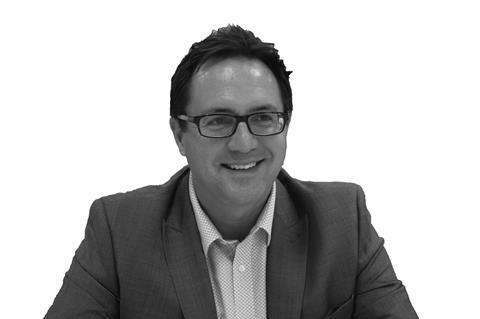Most industries generate data and some turn this into knowledge. Iain Parker considers how to turn that knowledge into insight or, indeed, wisdom that adds demonstrable value to clients

The construction industry operates around an enormous amount data and for the most part this is well understood and captured. But managing this knowledge is not always easy and relies upon a series of elements to be executed effectively.
The first part is people: those who hold the knowledge and those who need it to develop and perform, and how this knowledge flows from one party to the other.
The next element would be process, which refers to policies and procedures governing the capture, management and maintenance of knowledge and information.
Following this would be content, which relates to the full depth and breadth of knowledge and information held by a company, whether this be structured or unstructured.
It is a well-known expression that knowledge is power, but actually it is the sharing of it that is more powerful for the organisation
Next is technology (digital platforms) and how this enables knowledge management to operate and be maintained, and the extent to which digital platforms talk to each other.
And finally, the most important area, which is culture. This refers to an organisation’s people and their willingness to adopt knowledge management systems and, importantly, share! It is a well-known expression that knowledge is power, but actually it is the sharing of it that is more powerful for the organisation.
Being a quantity surveyor (QS) by trade, and growing up in a commercial environment, my colleagues and I have always been fascinated by data and pieces of information, along with what you can learn from it. Detailed analysis around cost numbers, carbon metrics, programme durations, design criteria, inflationary effects, implications of regulatory change, specific market dynamics and so on and so forth allow meaningful insight in the search for optimum value.
This analysis can often be branded as benchmarking, which in a QS world is the comparison of a proposed scheme with other schemes of similar type and class, looking at cost and value and the drivers of both. It has its limitations, but serves as a useful guard against complacency, posing questions as to why certain aspects of a scheme are showing a markedly different cost from the same aspect of comparable schemes.
Asking and answering those questions also provides a structured and comparatively objective way of discussing with the client the cost of the scheme against a range of costs demonstrated by similar projects, and this can reinforce confidence in the estimate and the sense that the answer represents value.
But how else do we turn pieces of knowledge into insight for the benefit of the client, and why does the industry sometimes find this hard? Some barriers to doing this well are often things like a lack of purpose or goals, organisational silos, a lack of incentive and poor technological platforms.
But, with a detailed understanding of a client’s business, along with their value drivers and what success looks like for them, it should not be difficult to turn data into relevant and meaningful insight to make a measurable difference to project and programme outcomes.
Wisdom is one of those qualities that is difficult to define – because it encompasses so much – but which people generally recognise when they encounter it
The obvious motivations and benefits on offer are to help clients reduce cost, reduce carbon, increase productivity, enhance certainty, improve quality and spark innovation. You can change the order if you wish but, ultimately, it is about transforming performance.
Assuming that knowledge can be turned into insight, when does this insight become wisdom? Well, wisdom is one of those qualities that is difficult to define – because it encompasses so much – but which people generally recognise when they encounter it.
Wise people generally share an optimism that complex issues can be solved and experience a certain amount of calm in facing difficult situations, along with an ability to see the big picture, a sense of proportion and to have intellectual humility. It is fair to say that wisdom is encountered most in the area of decision-making.
With many decisions to be made through the lifecycle of a project or programme, there is a big need for some wisdom along the way.
Iain Parker is a director and head of London cost management at Turner & Townsend Alinea




























No comments yet